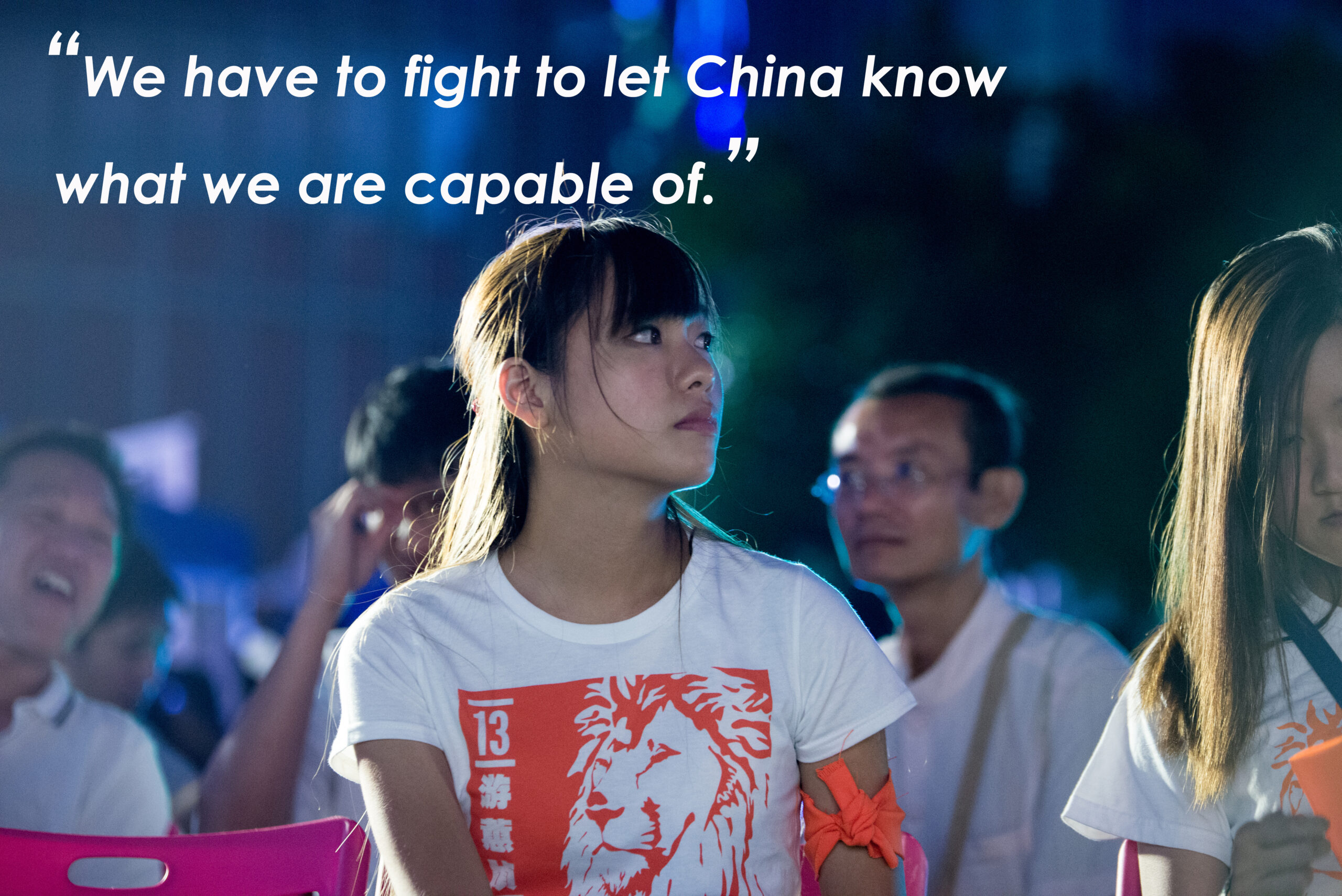Reporting on China

Unique among American journalism programs, Berkeley Journalism’s China Reporting Project gives our journalism students a head start on covering China’s culture, history and politics. Launched in 2022, the project is part of the school’s renewed focus on international reporting.
The need couldn’t be more urgent: Recent hostility and harsh rhetoric between the United States and China has become unnecessarily overheated, even dangerous. How Americans understand their relationship to China matters to all of us.
Led by lecturers like veteran New York Times reporters Edward Wong and Amy Qin, the project gives a select group of students the opportunity to deepen their knowledge and reporting skills. By the end of the class, students will have produced a body of work that’s publication-ready, too.
Thanks to the generous gifts by Berkeley alum Bak Chan, a board member and past president of the UC Berkeley California Alumni Association Chinese Chapter, Berkeley Journalism also provides tuition support to an incoming Berkeley Journalism student with a demonstrated interest in covering China.
Bak explained that he supports the China Reporting Project because he “truly believes that the future relations between these two countries that so many of us care so passionately about can be positively shaped by outstanding journalism.”
You won’t just report about these countries, you’ll report from these countries.
What Our Graduates Are Saying...











They came here wishing for a “happily-ever-after.” That’s not what happened.
Chinese women’s struggle to cope with domestic violence in the U.S.

Junyao Yang ('23) talks to survivors of intimate partner abuse in the U.S. to learn about their struggles for safety in a strange land, for The China Project. Yang was born and raised in Zigong, an industrial city in southwestern China.
A young lawmaker challenges China’s control of her homeland
Hong Kong Through Her Eyes: Regine Yau

Regine Wai-ching Yau considers Hong Kong to be its own country and China a menacing threat. So in her early 20s, she ran for a seat in the parliament with no political background and got elected.
A look into the spike of HIV cases in China's gay community
The Chinese Closet

For many people, China is a country with modern cities, huge skyscrapers, and the world’s second largest economy. But underneath this modern looking facade, China is still very traditional in many of its culture values. One is the country’s acceptance of homosexuality. By Fan Fei, Jieqian Zhang and Larry Zhou.
